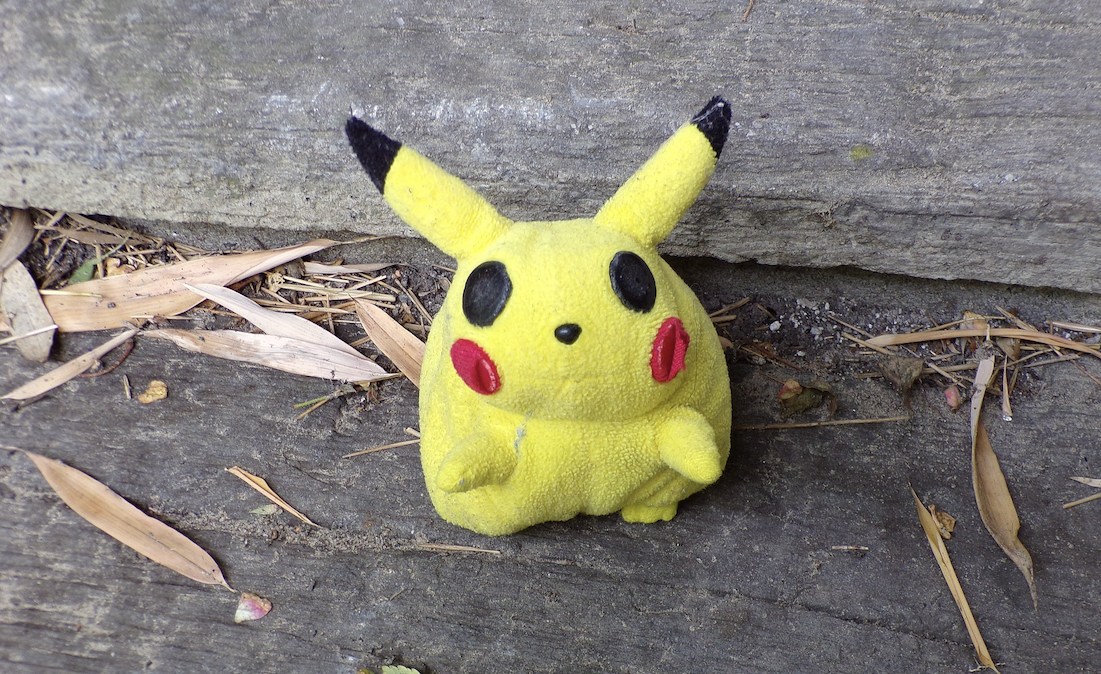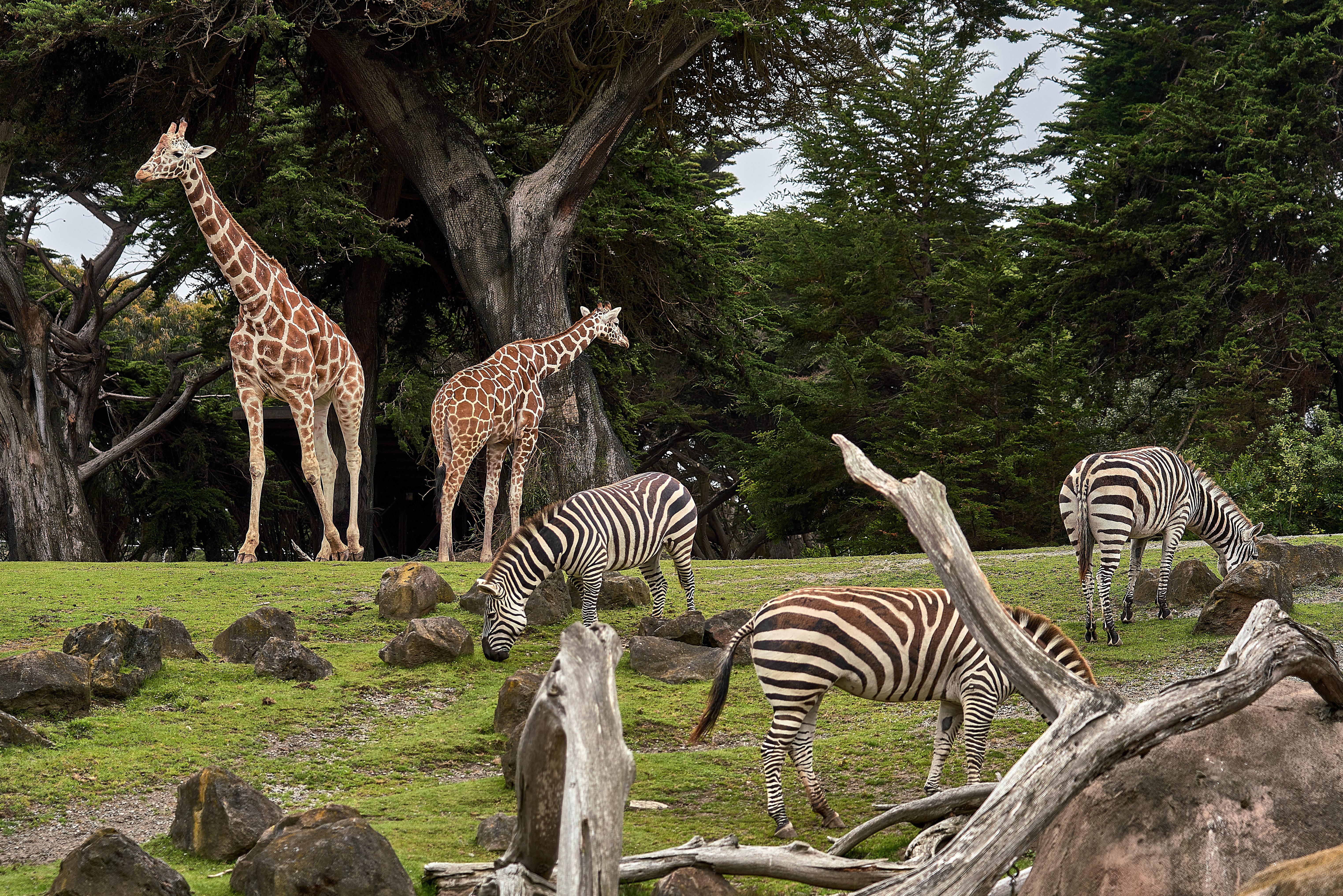The cruel and brutal philosophy behind Pokémon

- Pokémon is a hugely popular franchise in which human trainers catch wild Pokémon to be trained and conditioned for painful fights.
- In the real world, blood sports are generally illegal or vaguely tolerated behind closed doors. To practitioners, an animal's suffering is less important than momentary human pleasure.
- Many religions use the idea of "stewardship" in approaching the natural world, which says that with great power comes great responsibility.
We often assume we have dominion over the animal kingdom. With our semi-automatics, atomic energy, and ballistic missiles, there’s no doubt that we’re the boss of the jungle. But how should we use our technological and intellectual superiority? Should we take, abuse, and exploit as much as possible? Luxuriate happily as the apex predator and kingpin? Or, as any good Spiderman fan might suggest, should we live by the maxim “with great power, comes great responsibility”?
Nowhere is this question more salient than in the issue of animal blood sports — pitting creatures against one another in physical combat. It’s an act that treats animals as objects used only for human pleasure, rather than as useful resources or beings to protect. And, surprisingly, it’s one that’s introduced and celebrated in the seemingly harmless and cartoony world of Pokémon.
Gotta hurt them all
Pokémon is a universe where celebrated slavers wander the world trapping wild and magical creatures so they can drill them to fight in painful blood sports. These Pokémon, quite contented with their natural habitat, want nothing to do with “trainers,” and so they have to be lured by treats or threats. True, most trainers love and care for their Pokémon slaves, but their pets (?) still exist for the sole purpose of battling other creatures. Most wild Pokémon will avoid conflict and will only attack a human trainer out of fear.
These creatures are then trapped inside a tiny “Poké Ball” cage (with the notable exception of Ash’s Pikachu, which is allowed to roam free) until they are called upon for their master’s use. In some variations of Pokémon, unwanted or “inferior” creatures are transferred* out for “candy.” But mostly, these enslaved Pokémon are then drilled and conditioned to fight. It’s dog fighting, but with cute, kawaii animations.
It makes me laugh, so why not?
So, what’s wrong with this? Is it the case that if we, as humans or trainers, have the power to force “lesser” beings to fight, then we have the right to do so? Do we assume that “might is right,” and that, in the evolutionary dogfight, the strongest arms and biggest guns win? It sucks to be a Pokémon, but to the victor, the spoils.
In most liberal democracies, blood sports are seen as either cruel and brutal, or are the vaguely tolerated idiosyncrasies of a tiny elite. Cockfighting, dog fights, and bear or badger baiting are illegal (though, oddly, South Carolina has no bans on bear baiting), while fox hunting, bull fighting, and bird shooting are hugely controversial wherever they are practiced.
Why are animals so routinely assumed to be so inferior that their misery is an acceptable source of human pleasure? Much of the Western intellectual approach to the issue comes from the Ancient Greeks. Aristotle, for instance, argued that animals do not possess a rational soul, and so what worth can they really have? From the Greeks we have inherited the idea that rationality means value, and that lacking the former means lacking the latter.
But if we are human-centric utilitarians, why not argue that if animal-only blood sports give great and widespread pleasure, what’s wrong with them? A crowd of ecstatic and jubilant spectators relishing the splattered gore of a dog fight is a decent trade-off, the logic might go. Others might appeal to tradition. After all, blood sports appear all throughout recorded history. Our ancestors loved shaking their betting slips over a cockpit. If Pokémon training has “always been around,” why change it?
Being a good steward
What these philosophies miss, though, is the concept of duty. The very idea of civilization depends on a complicated matrix of obligations, promises, responsibilities, and respect.
In many religions, the word “stewardship” is used. This is the idea that whatever superior human talents we have make us best placed to protect and nurture the natural world, not to exploit it. In Christianity, Genesis declares that “God took the man and put him in the Garden of Eden to work it and take care of it.” In Islam, the word “khalifah” (from which we get caliphate or caliph) means both “ruler” and “leader,” but also “steward.” To be in charge is to also care for those you’re charged with. In Buddhism’s Second Precept, “do not steal” extends to the environment and all species — they do not belong to us and they are not ours to take. Pokémon trainers and animal fighters see the world as an exploitable resource, rather than something that needs nurturing.
Power without responsibility
In a world of mass extinctions and unprecedented ecological change, we seem to have lost the concept of stewardship. Kindness, compassion, and civilization mean protecting that which needs protection. What Pokémon so casually reinforces is the notion that the wild and magical creatures of the world are there to serve a human, however lovable and moral they may be. Before we know what’s happened, there’ll be nothing wild or magical left.
Blood sports around the world work on the assumption that human pleasure is more important than the welfare and pain-free life of an animal. It’s the unashamed use of power to exploit those who are weaker or “lesser” in some way. But if humanity is to be a great and truly powerful leader, we should protect and bring up that which follows or needs us. Often, in our approach to the animal kingdom, there’s a decided lack of responsibility to our power.
*Editor’s note: the original version of this article contained an error about “grinding down” Pokémon. This has been corrected now to “transferred.”
Jonny Thomson teaches philosophy in Oxford. He runs a popular Instagram account called Mini Philosophy (@philosophyminis). His first book is Mini Philosophy: A Small Book of Big Ideas.





